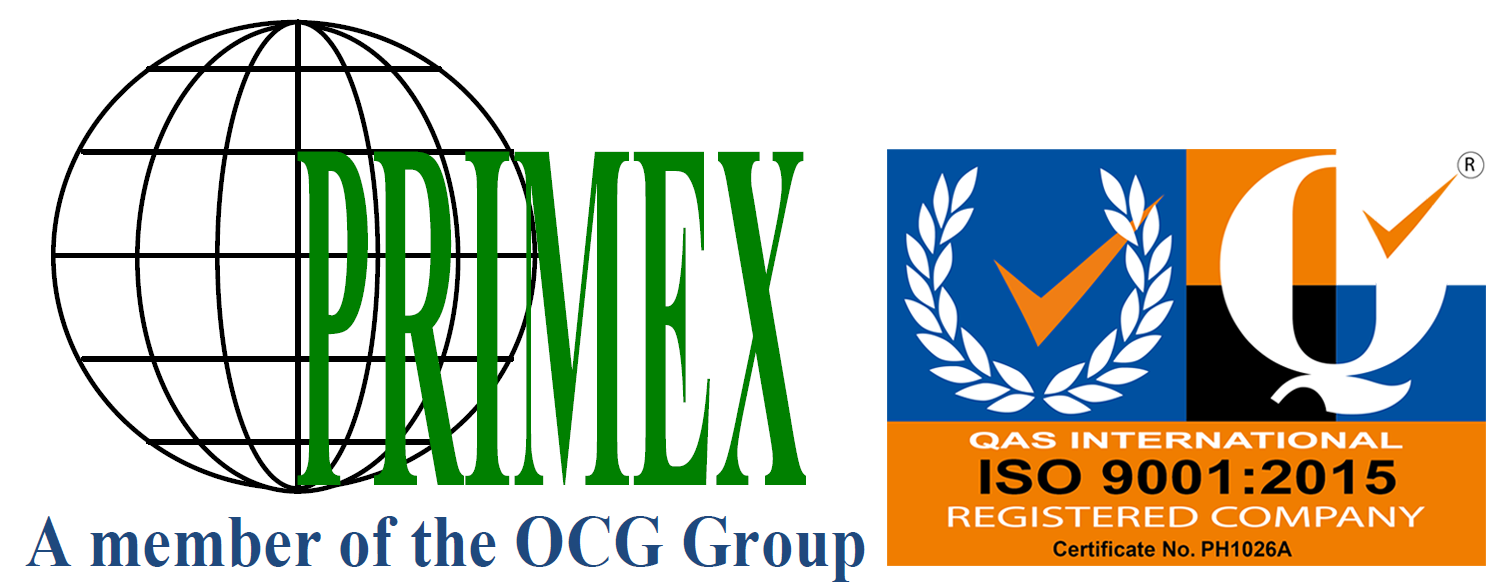Name of Client:
Asian Development Bank (ADB)
Country:
Viet Nam
Length of Consultancy Assignment:
Start Date: October 2010
Completion Date: June 2011
Detailed Narrative Description of Project:
The Project addressed critical urban development issues of Viet Tri, Hung Yen, and Dong Dang in northern Viet Nam along the North-South economic corridor (NSEC), in contributing to the transformation of the NSEC from a transport corridor into a full-fledged economic corridor and in complementing Hanoi as alternative growth centers. The Project was in line with the Viet Nam's Socio-Economic Development Plan 2006-2010 which envisions Viet Nam becoming an industrialized country by 2020. In the Orientation Master Plan for Urban Development to 2020, the Government aimed to develop model cities and divert rural migration away from the large cities through the development of secondary cities and the strengthening of rural-urban linkages.
The proposed Project addressed the GMS strategy to transform transport corridors into full-fledged economic corridors as identified in ADB's Regional Cooperation Strategy and Program for GMS (2009-2011) and confirmed during the 15th Ministerial Meeting of the GMS Economic Cooperation Program and the GMS Development Dialogue. ADB's Country Strategy and Program (CSP) for Viet Nam 2007-2010 emphasized the need to target infrastructure investments in small and medium-sized cities, particularly those along the GMS economic corridors. The Assessment, Strategy, and Roadmap (ASR) for the urban development sector in Viet Nam that was expected to be completed by June 2010 would accord a priority on the integrated urban development approach in corridor towns.
PRIMEX provided the services of three consultants to fill in international positions of Economist, Environmental Specialist, and Procurement Specialist. The Economist undertook an economic evaluation of the subprojects to estimate their economic benefits, reviewed the socio-economic development plans of the project cities, provided inputs for the design of the socioeconomic survey, collected necessary data required for economic analysis, and prepared an economic analysis covering demand analysis, least economic cost analysis, economic cost and benefit analysis, economic internal rates of return average incremental economic costs, sensitivity analysis, risk analysis, benefit distributional analysis, poverty impact ratios, and assessment of subsidies.
The Environmental Specialist conducted an environmental assessment for each proposed component, carried out meaningful consultations with affected people, prepared an initial environmental examination (IEE) for each project city and an Environmental Impact Assessment (EIA) Report, assisted the relevant agencies in securing environmental clearance certificates, and made recommendations for mitigation measures. The Procurement Specialist prepared the procurement methods and packages in accordance with ADB’s Guidelines on Procurement, and outlined terms of reference for consulting services for management and implementation of the Project conducted procurement capacity assessment for each EA or LA and IA or PO, and identified measures to minimize procurement and financial management risk; and prepared the procurement plan for the Project.
